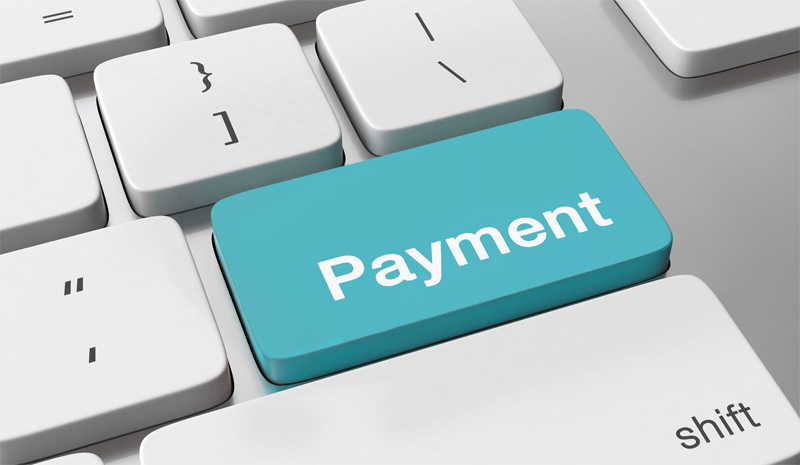As the interest rate on short term loans is generally much higher than most unsecured personal loans, having an effective repayment plan is essential. Missing payments or failing to pay the full amount can mean that you incur penalties that will make your total amount of debt more expensive in the long run. Managing your finances can be especially difficult when you don’t have a great deal of money coming in but there are ways you can combat this. Here is Asteria’s guide to creating a realistic payment plan for short term loans.
Make the Payment a Priority
Though it can be difficult to have the self-discipline and motivation to do this every month, being controlled and careful with your money will pay off in the end. After you have taken care of essentials such as food, bills, transport, make sure your loan repayment is covered first. This requires having at least a basic budget so that you know how much you have to spend on other things after you have made all of your essential payments. Never be tempted to put a loan payment off if you can avoid it as this can have serious consequences for your credit rating and may even affect the interest rate you are offered when you apply for future credit. Many loan providers in the Philippines also charge penalty fees for late or incomplete payments, so it’s generally better to go without one or two luxuries than missing an instalment.
Try to set money aside for unexpected problems
Even if you lose your job or are hit with an unexpected financial problem, your loan provider will still expect you to pay back the money you have borrowed on time. If you happen to get any extra money, it makes sense to set some aside so that you will always be able to cover at least the minimum payments for month or two, even if you are without an income. This strategy means that you can focus on finding work or generating other means of income without having to worry too much. This is difficult habit to get in to, but it is one that will pay dividends if you can make it something you do automatically whenever you receive any money.
Adjust Your Lifestyle Accordingly
You would be surprised at how much you can save by simply making a few sacrifices when it comes to your daily spending. Cutting down on impulse buys and luxury items can make the difference between affording a loan payment and going a little short. Downgrading your car, your home or your wardrobe can all be ways of making significant savings. The key to living this way is to remind yourself that it is a temporary measure. Once the loan is paid off, you will be accustomed to paying out a set amount of money each month, meaning you will suddenly find yourself with a considerable amount of spare cash. This will feel like a huge reward and though living frugally can be punishing at times, it can pay dividends once you have managed to clear the amount you owe.
Organise Your Payments Carefully
Most banking apps allow you to set up payments online and using direct debit or similar services means that once you have given permission, money can be taken from your account without you having to do anything. If you ensure that all of your payments leave your account on a specific day of the month, you can begin to get an idea of how much you have left over to spend on other things. Be aware of when payments are due to leave your account and ensure that always have enough funds to cover these. The downside of direct transfers and direct debits is that we can lose track of them, which causes serious problems if we don’t notice straight away.
Be Realistic About Your Earning Potential
If you are willing to get a second job or sell some household items, earning extra money is always possible. It is important to be realistic, though. Tax, travel, uniforms and other hidden costs can eat into your wages, meaning that you may be left with less than you first expected. Setting a target to earn slightly more than you need is generally good practice as this means you can account for any unexpected issues. It also means you can use anything you have left ever to get your debt cleared more quickly. Always be wary that jobs can come to an end unexpectedly and make a contingency plan to cover any repayments you need to make in times of unemployment. Some loan providers may allow you to delay payment in exceptional circumstances, but this should never be expected as in most cases, they have no legal obligation to do so.
Summary
Making a realistic repayment doesn’t need to be a long or difficult process, it simply requires a little forward planning and realistic thinking. Sitting down to make a list of the areas in your life that you can make savings is generally a good start, but you will need to be as proactive as possible and make sure that these ideas actually become a reality. Extra work can take its toll mentally and physically, it can also place a strain on your relationships, too. This means you need to consider how any changes you are planning to make will impact on your wellbeing and the effect they have on those around you. Always try to stick to any plans you have made but remember to consider alternatives and back up options, just in case things don’t turn out the way you hoped them to.

